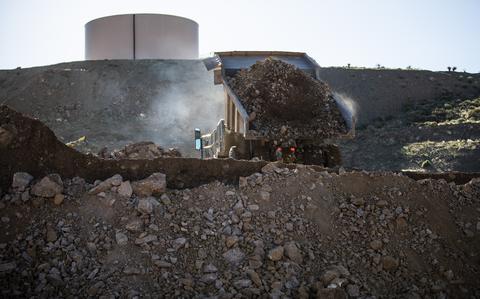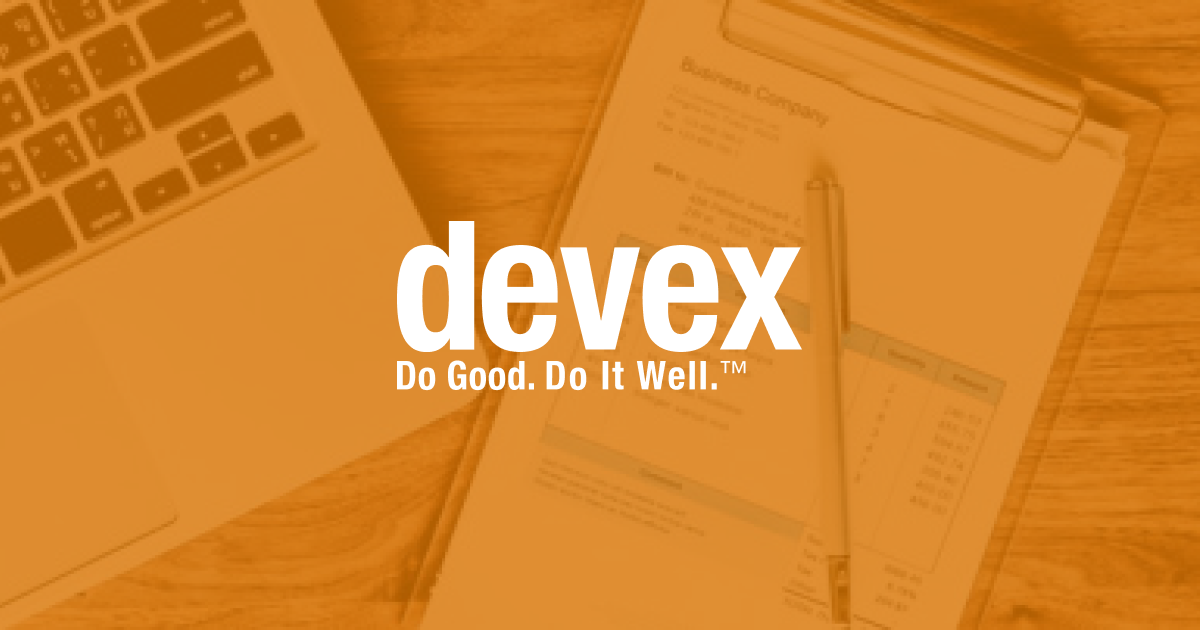Don't Risk Your Crypto! Is Using a VPN Safe in 2025?
Protect Your Wallets, DeFi Access, and Crypto Privacy in 2025
In today’s fast-paced and ever-evolving cryptocurrency landscape, security and privacy have never been more critical. As cybercriminals grow more sophisticated and public Wi-Fi networks remain a major vulnerability, an increasing number of crypto investors and traders are asking a vital question: Is it safe to use a VPN for crypto transactions?
The straightforward answer is a confident yes. Leveraging a trusted VPN service is among the smartest and most effective strategies to shield your crypto wallets, safeguard your DeFi platform activity, and encrypt your transaction data from hackers, data sniffers, and other digital threats in 2025. A quality VPN masks your IP address, encrypts your internet traffic, and ensures that your sensitive financial operations remain private and secure—even on unsecured networks.
Moreover, VPNs play a crucial role in protecting your broader financial identity, helping prevent risks like identity theft and fraud. To explore this further and understand how VPNs contribute to overall finance security, see .
Unlike traditional banking, crypto transactions are irreversible and public by nature. If a hacker gains access to your wallet or private keys, there’s no “undo” button. Plus, blockchain’s transparency means transaction histories are permanently recorded—even if your identity isn’t directly attached.
This makes privacy crucial. When you connect to exchanges, wallets, or decentralized finance (DeFi) apps over unsecured or public Wi-Fi, your IP address and personal data could be exposed. Cybercriminals use this information to launch targeted attacks, phishing scams, or wallet takeovers.
Using a VPN adds a robust layer of encryption between your device and the internet, hiding your IP address and masking your location. This reduces risks like:
For a more technical look at the protections VPNs offer, including encryption and server types, see .
A good VPN secures your entire internet connection by routing traffic through an encrypted tunnel. This means your wallet access and crypto transactions are hidden from hackers, your internet service provider (ISP), and surveillance agencies.
Key VPN features that boost crypto security include:
To understand why free options fall short in delivering these protections, consult .
These features are especially critical for users dealing with sensitive platforms like decentralized exchanges (DEXs), non-custodial wallets, and DeFi lending protocols.
No—choosing the wrong VPN can do more harm than good. Free or shady VPN providers often log your data, inject ads, or sell your information to third parties, defeating the purpose of privacy.
For crypto users, prioritize VPNs with:
Here are some of the most trusted VPN providers that combine security, privacy, and crypto-friendly features:
For more detailed information on the best VPNs for Stock Traders and Crypto Investors, see
Using a VPN for crypto transactions in 2025 isn’t just safe—it’s highly recommended. It protects your wallets, secures your DeFi activity, and keeps your identity private from hackers and trackers.
Just remember: choose your VPN wisely. Opt for providers with proven privacy practices, robust security features, and a track record of respecting user anonymity. When done right, a VPN becomes an essential tool in your crypto security arsenal.
For a broader look at securing your finances digitally, see
Yes, using a reputable VPN adds encryption and hides your IP, protecting your crypto wallets and transactions from hackers and trackers.
A VPN secures your internet connection, making it harder for attackers to intercept your private keys or login credentials on unsecured networks.
Many top VPN providers accept crypto payments like Bitcoin and Monero, allowing users to pay anonymously and maintain privacy.
High-quality VPNs designed for speed have minimal impact on transaction times, though free or overloaded VPNs can cause delays.
5. Are all VPNs equally secure for crypto activities?
No, only VPNs with strong encryption, strict no-logs policies, and security features like kill switches are recommended for crypto use.
You may also like...
Diddy's Legal Troubles & Racketeering Trial

Music mogul Sean 'Diddy' Combs was acquitted of sex trafficking and racketeering charges but convicted on transportation...
Thomas Partey Faces Rape & Sexual Assault Charges

Former Arsenal midfielder Thomas Partey has been formally charged with multiple counts of rape and sexual assault by UK ...
Nigeria Universities Changes Admission Policies

JAMB has clarified its admission policies, rectifying a student's status, reiterating the necessity of its Central Admis...
Ghana's Economic Reforms & Gold Sector Initiatives

Ghana is undertaking a comprehensive economic overhaul with President John Dramani Mahama's 24-Hour Economy and Accelera...
WAFCON 2024 African Women's Football Tournament

The 2024 Women's Africa Cup of Nations opened with thrilling matches, seeing Nigeria's Super Falcons secure a dominant 3...
Emergence & Dynamics of Nigeria's ADC Coalition

A new opposition coalition, led by the African Democratic Congress (ADC), is emerging to challenge President Bola Ahmed ...
Demise of Olubadan of Ibadanland
Oba Owolabi Olakulehin, the 43rd Olubadan of Ibadanland, has died at 90, concluding a life of distinguished service in t...
Death of Nigerian Goalkeeping Legend Peter Rufai

Nigerian football mourns the death of legendary Super Eagles goalkeeper Peter Rufai, who passed away at 61. Known as 'Do...





